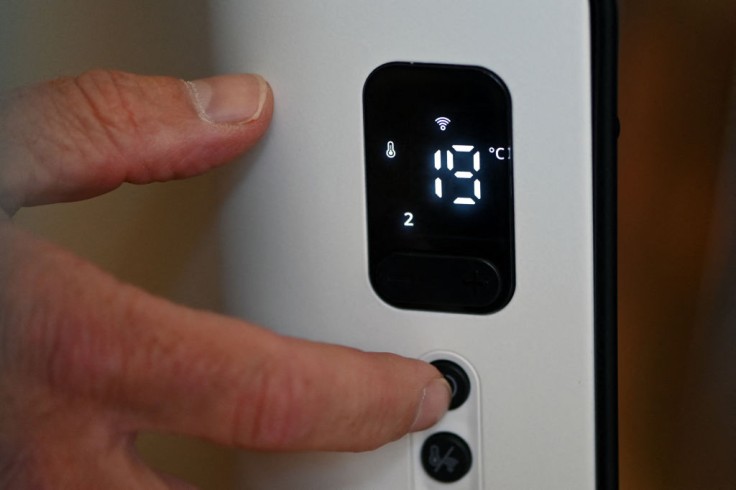Electric consumption is often a problem for many households during Summer as the hot season and dry spells force people to stay indoors.
This also means more power consumption due to longer uses of cooling fans, air conditioners, and other electric devices to beat the heat.

Here are some ways households can curb their bills without suffering much from the terrible summer heat.
Moderate AC Levels
Power providers have long advised people to keep their air cooling systems at 78° Fahrenheit for the perfect balance between cool temperature and budget-friendly electric consumption.
Further lowering the temperature means that the AC system consumes more energy to operate, much larger than a cooler set at a moderate temperature for several hours.
If applicable, it is recommended to connect the AC system to cooling fans to maximize the area covered without consuming more power.
Setting the AC to sleep mode at night, when the temperature is naturally colder, could also help curb bills in the long run.
Reduce Household Lights
It may sound impractical but having more lights inside increases room temperature, requiring higher AC levels to cool down the environment.
Lightbulbs like Halogen or other "warm glow" lighting can provide enough light to dark spaces without heating up the whole area.
Stay Away from 'Power-Saving' Devices
Supposed "power-saving" devices have surfaced over the past years as electric bills continue to spike.
Touted to be an effective way to stabilize electric flow in the house and curb power bills, the device is becoming common in low-income households that want to reduce expenses for electricity.
Despite the flashy advertising and promises for these products, "power-saving" gadgets are more likely to cut down people's budgets than their electric bills.
Many of these devices are sold without authorization and often do not impact electric bills much.
This is not to mention the blatant scams rising from these products intended to deceive people into sharing private data with bad actors.
The Electric Engineering Portal goes into detail about how these "power-saving" gadgets are "impractical" budget savers, pointing out that the devices only improve the power quality rather than efficiency.
There is also the chance that the devices were made from substandard materials, making them more prone to electrical damage and sudden fires.
Related Article : Climate Change to Worsen Air Quality in the US









